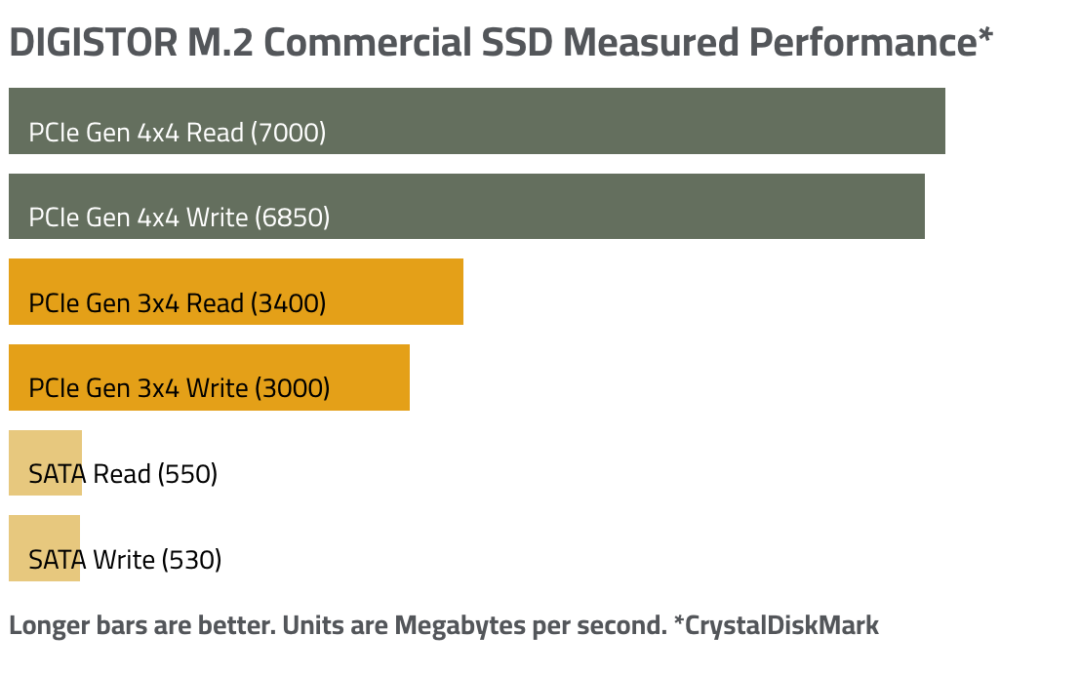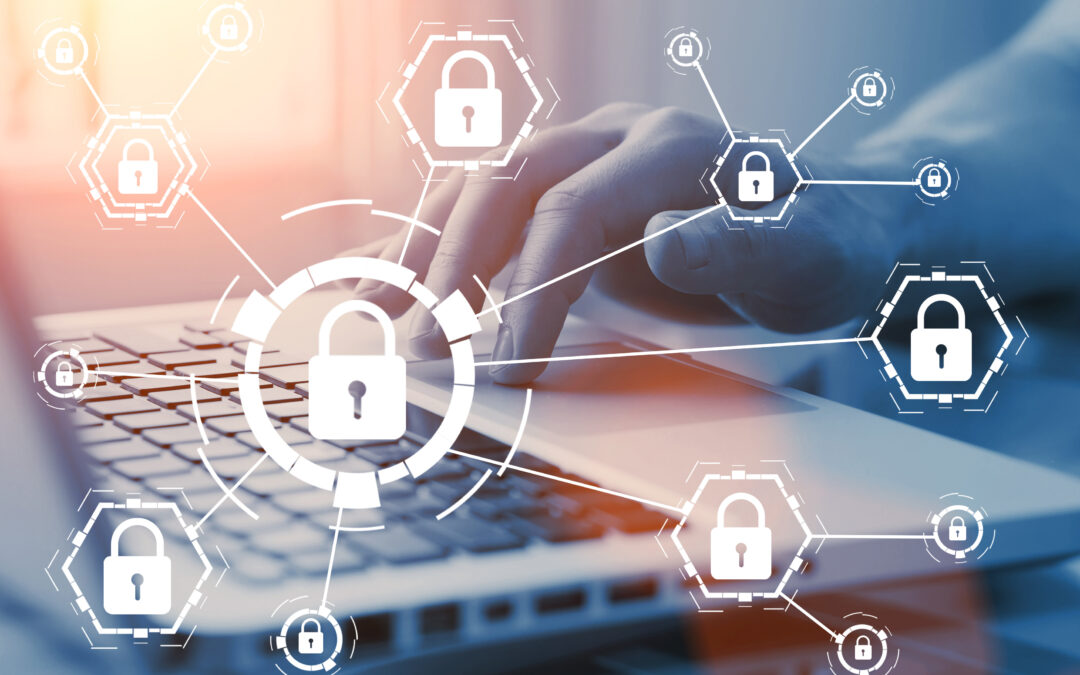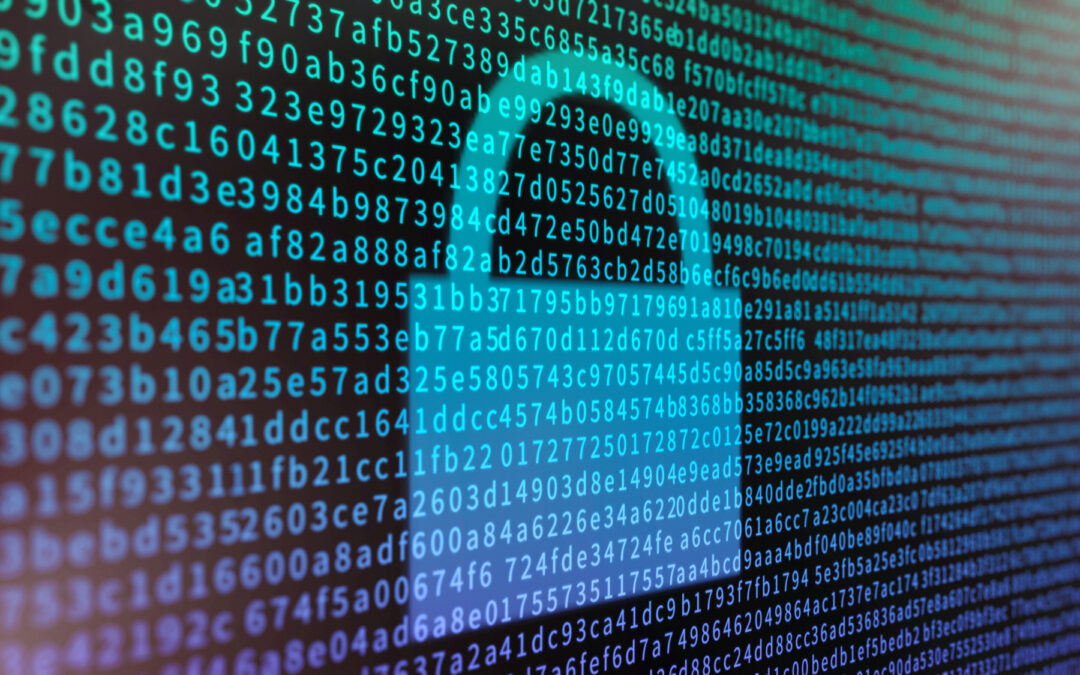


Pentagon Creates ‘Zero Trust’ Cybersecurity Office
Previous blogs highlighted headline-making cyberattacks. Of course, there’s the infamous 2020 SolarWinds attack: the Russian Foreign Intelligence Service injected malicious code into network management software, infecting thousands of users in federal agencies like...
Introducing DIGISTOR PCIe Gen 4 SSDs
Today, we’ve announced our commercial-class PCIe Gen 4 SSDs. These M.2 format NVMe SSDs have four PCIe lanes (so we often refer to these as Gen 4×4) and are more than twice as fast as our PCIe Gen 3×4 SSDs. You can get the most out of your high-speed...
CISOs: Maintaining Cybersecurity at a Global Scale
Last week, I ran across a column by CNN’s Sean Lyngaas called Hackers Have Breached Organizations in Defense and Other Sensitive Sectors. Security firm Palo Alto Networks recently discovered that suspected foreign hackers have breached nine organizations in the...
It’s All About Speed: PCIe Gen 4
When selecting a solid-state drive (SSD) for your computer, many people begin by estimating how much data storage capacity they’ll need over the lifetime of their computer. SSDs typically range from 128GB to 2TB with 4TB becoming common and even 8TB devices are...
Cybersecurity Threat Levels: What Do You Know?
There are many different types of cyberthreats and possible targets. The perceived threat level of each potential attack dictates the amount of time and resources organizations are prepared to deploy to address the problem, but how can threat levels be defined and...
An Overview of Encryption Standards and Technologies
The term cryptography refers to the art and science of keeping data secret. Ever since writing was developed, people have tried to conceal the information it contained. According to the Encyclopedia Britannica, “Examples survive in stone inscriptions, cuneiform...
Classified Information and Data at Rest (DAR)
When most people in the USA hear terms like “Secret” or “Top Secret” regarding classified documents, they may assume that such classifications fall under the auspices of the National Security Agency (NSA) since the NSA plays a strong role in the nation’s...

Recent Comments